The 1970s were a golden era for rock music, with countless bands emerging and experimenting with new sounds. While many acts found mainstream success, there were plenty of hidden gems that never quite broke through to the masses. These obscure bands developed devoted fanbases over time, thanks to their innovative styles, unique musical approaches, and a refusal to conform to commercial trends. Today, these groups hold a special place in music history, cherished by those who appreciate their distinct contributions to the decade’s musical landscape. Here are eight obscure ’70s bands that have earned cult followings despite flying under the radar.
Be-Bop Deluxe
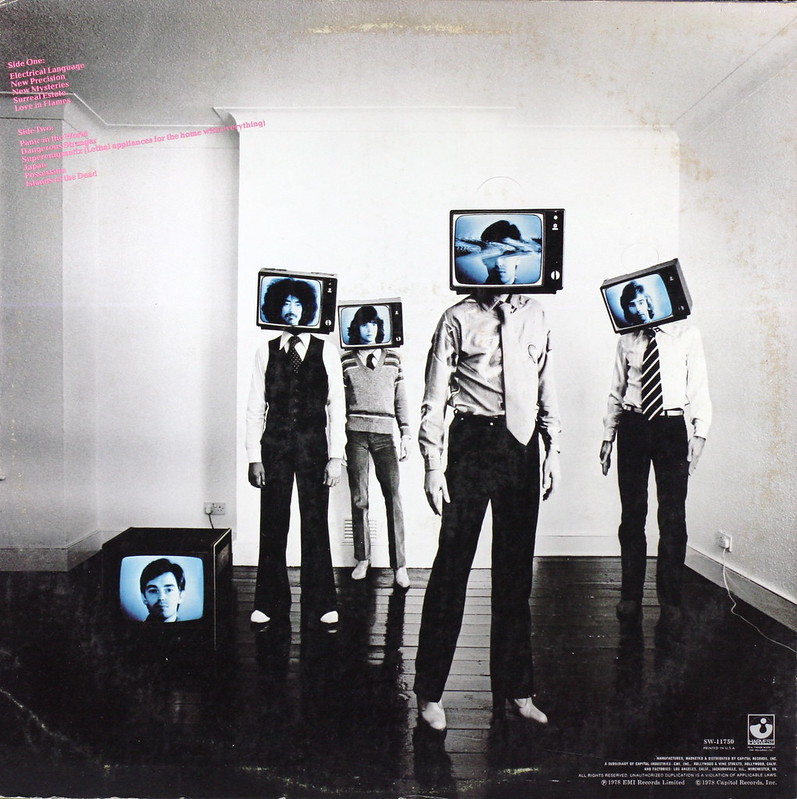
Be-Bop Deluxe was fronted by the talented guitarist and songwriter Bill Nelson, whose virtuosic playing became the band’s hallmark. Their 1974 debut album Axe Victim leaned heavily into glam rock, but subsequent releases shifted toward progressive rock and new wave influences. The band’s third album, Sunburst Finish, is often cited as their magnum opus, featuring a blend of rock, jazz, and futuristic elements that set them apart. While they never topped the charts, their meticulous production and Nelson’s ambitious songwriting gained them a loyal cult following. Even after disbanding, Nelson’s solo work continued to keep fans intrigued.
Gentle Giant
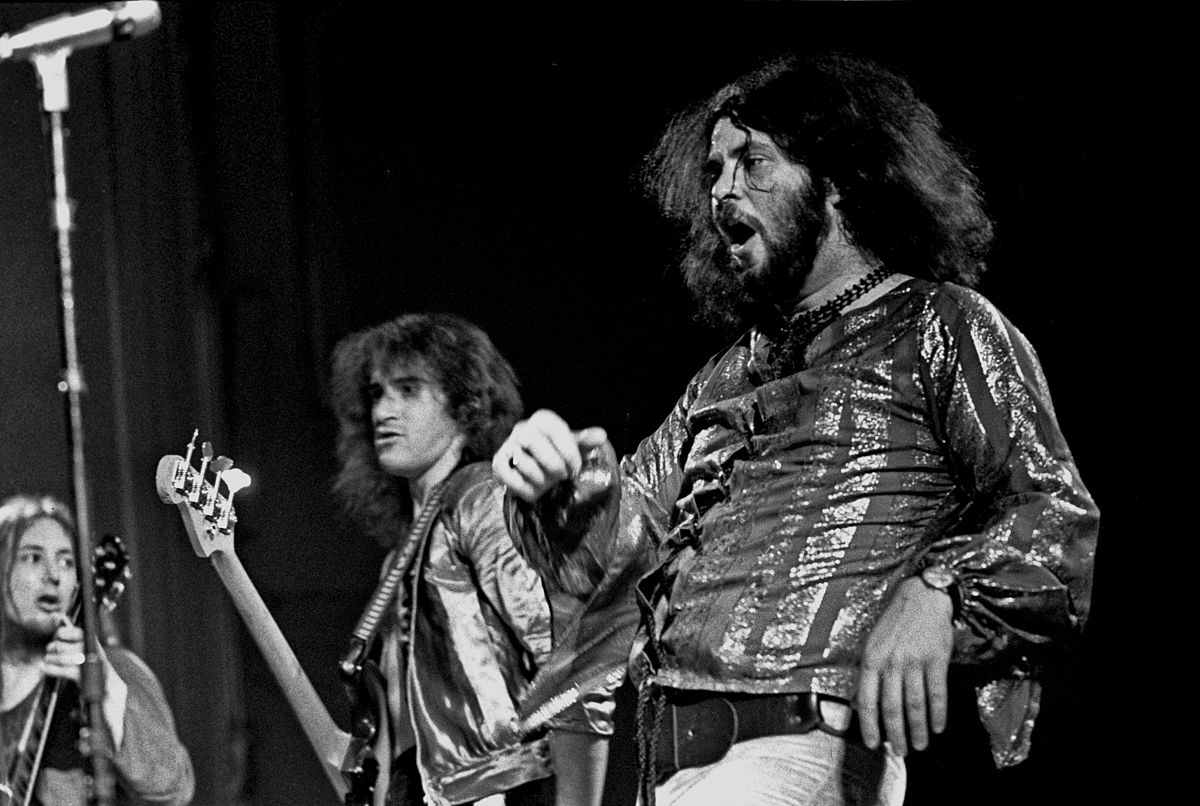
Gentle Giant was known for their uncompromising musicality, blending rock with baroque and medieval elements. The band formed in 1970 and released several albums throughout the decade, each characterized by their willingness to experiment with unconventional instruments like the harpsichord and clavinet. Albums like Octopus and The Power and the Glory exemplify their intricate compositions, full of polyrhythms and complex vocal harmonies. Their esoteric lyrics, often based on literature and philosophy, attracted a cerebral audience. Though commercial success eluded them, Gentle Giant earned a lasting legacy within progressive rock circles.
Big Star
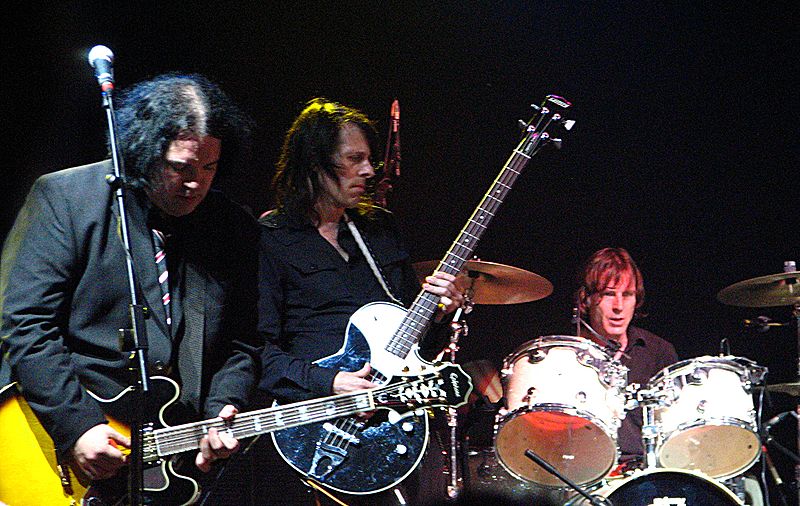
Big Star’s melancholic yet melodic style of power pop was largely ignored during their initial run, but later generations would embrace their sound. Formed in Memphis in 1971, the band was led by Alex Chilton, previously of The Box Tops, and Chris Bell. Their debut album #1 Record was filled with jangly guitars and vulnerable lyrics, but poor distribution limited its reach. By the time they released their third album, Third/Sister Lovers, the band was falling apart, but the raw, confessional nature of the album struck a chord with later indie musicians. Big Star’s music has since been hailed as an essential influence on the alternative rock movement of the ’80s and ’90s.
Gnidrolog
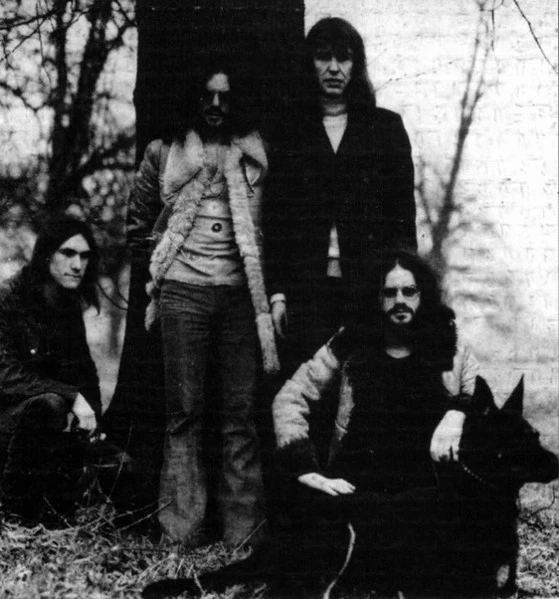
Gnidrolog, active from 1969 to 1972, was known for their unconventional take on progressive rock, favoring flutes, oboes, and cellos over typical rock instrumentation. Their albums, In Spite of Harry’s Toe-Nail and Lady Lake, are often described as avant-garde, with complex song structures and a focus on instrumental interplay. The band’s sound is eclectic, blending folk, jazz, and classical elements, which helped them cultivate a niche following. Their music was lyrically dark and often dealt with themes of alienation and human nature. Though they disbanded after only two albums, Gnidrolog’s music has been rediscovered by fans of vintage progressive rock.
Van der Graaf Generator
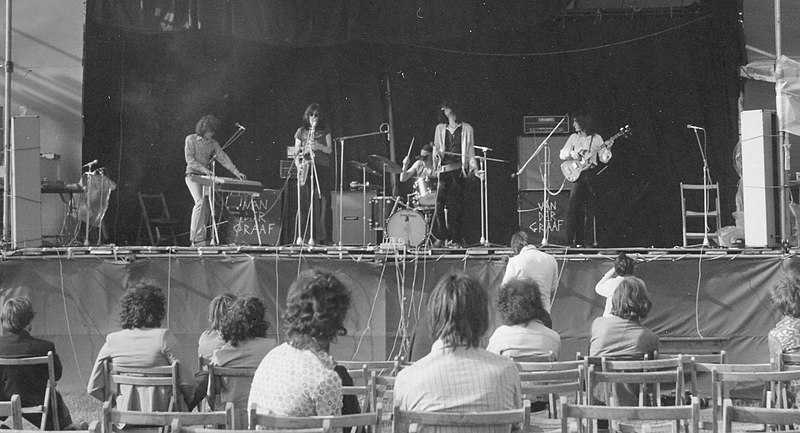
Van der Graaf Generator was one of the most intense and challenging acts of the ’70s progressive rock movement. Fronted by Peter Hammill, the band’s music often explored themes of existential dread, madness, and spiritual longing. Albums like Pawn Hearts and Godbluff showcased long, intricate tracks with heavy use of saxophones and synthesizers. Hammill’s distinctive, dramatic vocal delivery added to the band’s mystique. Though they struggled with record label issues and internal tensions, Van der Graaf Generator’s reputation grew over the years. Their experimental approach to rock has cemented their status as underground prog legends.
Trapeze
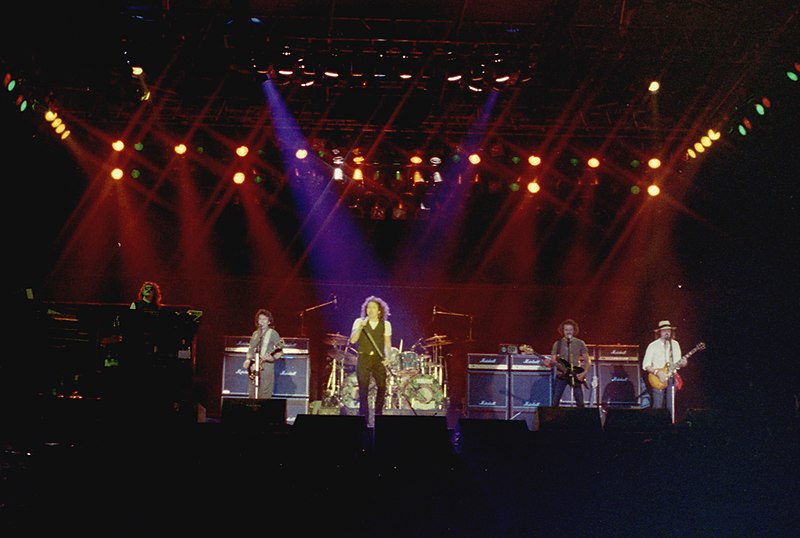
Trapeze initially began as a five-piece but later solidified as a power trio with Glenn Hughes, Mel Galley, and Dave Holland. Their third album, Medusa (1970), showcased their transition from a more pop-oriented sound to heavy blues rock with funk influences. Hughes’s soulful vocals and bass playing were a standout feature, and songs like “Black Cloud” and “Jury” became underground hits. Although Trapeze never reached the heights of Hughes’s later work with Deep Purple, they developed a loyal following, especially in the American South. The band’s blend of rock and funk set them apart from other British acts of the time.
Syd Barrett (Solo)

Syd Barrett’s departure from Pink Floyd in 1968 led him to a brief solo career that produced two albums, The Madcap Laughs and Barrett. These albums were characterized by their surreal, often fragmented lyrics and lo-fi production, reflecting Barrett’s deteriorating mental state. Songs like “Octopus” and “Dark Globe” showcased his whimsical songwriting, tinged with melancholy. Though his solo work was largely overlooked at the time, it became a touchstone for fans of psychedelic and outsider music. Barrett’s enigmatic persona and tragic story have only added to his cult status over the years.
The Groundhogs
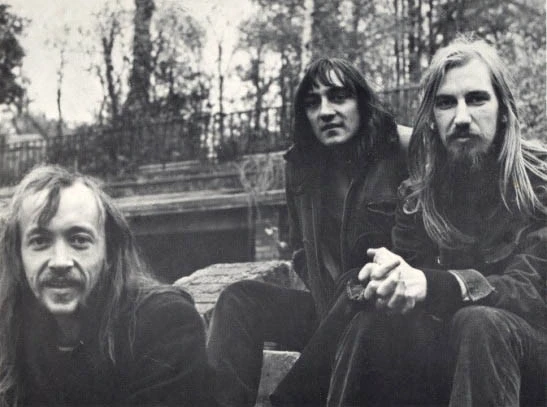
The Groundhogs were a British blues-rock band formed in the early 1960s, but it was during the ’70s that they gained their cult following. Led by guitarist and singer Tony McPhee, their music evolved from straightforward blues to a more progressive and experimental rock sound. Albums like Thank Christ for the Bomb and Split were critical favorites, blending social commentary with heavy, riff-driven rock. McPhee’s guitar work was both innovative and influential, making him a hero to later generations of blues and hard rock musicians. Despite never achieving mainstream success, The Groundhogs remain an enduring favorite in the British rock underground.
This article originally appeared on Rarest.org.
More From Rarest.Org
Mountains have always held a special place in the human imagination, often viewed as sacred, mystical, or even the dwelling places of gods. Across the world, certain peaks have been revered not just for their towering beauty but for the legends and spiritual significance that surround them. Read more.
Fog-shrouded forests have a way of transforming even the most ordinary landscapes into places of mystery and enchantment. These natural wonders, where mist weaves through ancient trees and blankets the ground in a soft, ethereal veil, seem to exist in a world apart from our own. Read more.



